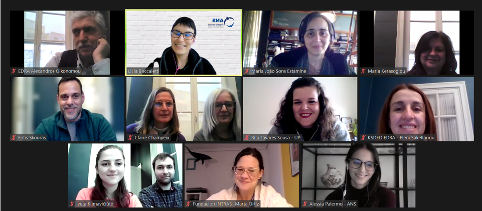Raise awareness among professionals (psychologists, social workers, medical staff, carers, etc.), working in the disability field of the risk of sexual harassment to which women with psycho-social disabilities are exposed and to provide them with instruments to replicate the training programme
